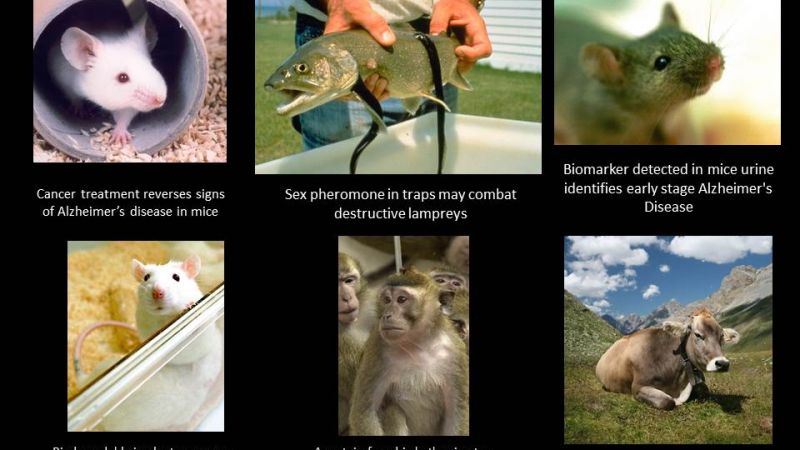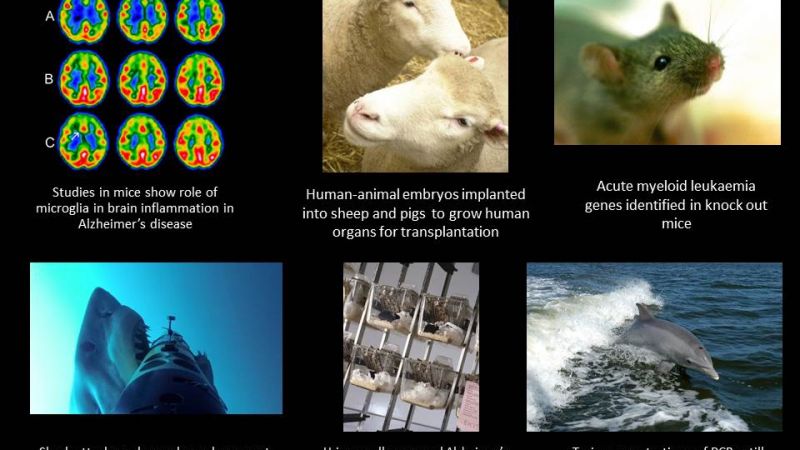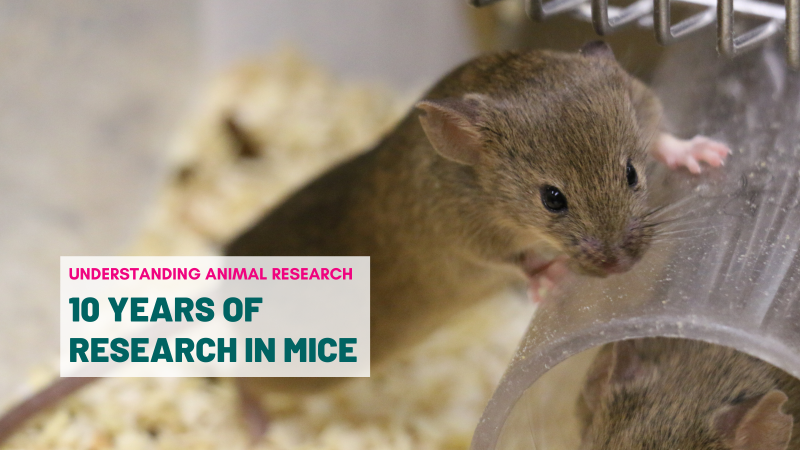Memory loss has been reversed in Alzheimer's mice by boosting levels of a memory related protein. Researchers administered the protein called CBP to the mice using a harmless virus. They then measured the mice's memory using a water maze learning test. The mice had to find an exit platform hidden in a basin of milky liquid.
Alzheimer's mice given the protein performed as well as normal mice and significantly better than Alzheimer's mice not given the protein.
Alzheimer's is associated with the buildup of a protein called beta amyloid. The appearance of clumps of this protein, called amyloid plaques, is one of the first signs of the disease. Beta amyloid is thought to control the signaling between nerve cells in the brain, preventing nerve firing from getting out of control. Too much beta amyloid, however, will shut down nerves and eventually cause cell death.
The researchers found that excess beta amyloid also interferes with the activity of a protein called CREB, important in the development of long term memory. CBP restores the function of CREB and so counters the effects of excess beta-amyloid.
This research may lead to new medicines that help express the CBP protein.
Read more about Alzheimer's disease on our sister website.
Last edited: 7 April 2022 12:54




